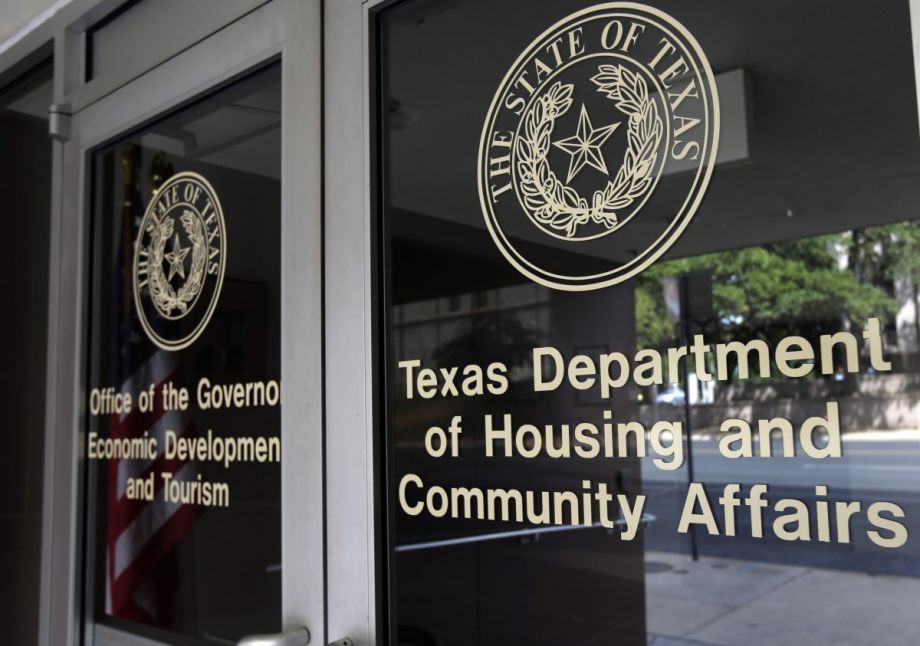Fair housing advocates scored a major victory in 2015 when the Supreme Court upheld the so-called “disparate impact” standard, a legal theory that says individuals can allege housing discrimination under the federal Fair Housing Act without having to prove that someone intentionally sought to discriminate. The Inclusive Communities Project (ICP), a Dallas-based nonprofit, had argued in court that the Texas Department of Housing awarded its low-income housing tax credits in a way that perpetuated segregation, concentrating affordable housing in black neighborhoods with high poverty.
Lost amid the excitement of the nation’s highest court reiterating the aims of the Fair Housing Act, a law passed in 1968 that bars housing discrimination and requires recipients of federal funds to promote housing integration, was that ICP’s original case got sent back to a lower court for review. Two weeks ago, a district judge in Texas issued a new ruling for this case, finding that ICP failed to prove housing discrimination under the disparate impact theory. Their case has been dismissed, and they have not yet decided if they’ll appeal.
Fair housing disparate impact cases are fairly rare, and also hard to win. Stacy Seicshnaydre, a professor at Tulane University Law School, has analyzed the history of disparate impact claims brought under the Fair Housing Act. She found that plaintiffs were successful in only 20 percent of their cases on appeal, a notably low rate.
Seicshnaydre says that disparate impact cases under the Fair Housing Act are just generally more expensive and difficult, compared to other kinds of suits. They tend to require more outside expertise, for example, since one has to include a statistical analysis demonstrating there have been disparities.
“A Supreme Court decision eliminating the disparate impact theory would have been a huge setback,” says Seicshnaydre. “The fact that the district court decided the ICP didn’t prove its case is disappointing, but it doesn’t have the same impact that a Supreme Court decision would have had. Disparate impact theory is still recognized as a good theory, so I think that’s still an incredibly favorable result for the fair housing movement.”
Indeed, the past year and a half has brought about a host of additional gains for integration advocates. Just before the Supreme Court released its decision in 2015, Harvard economists Raj Chetty, Nathaniel Hendren and Lawrence Katz released a study illustrating the connections between one’s geography and economic mobility. The researchers analyzed which counties were the worst for facilitating upward mobility, demonstrating how opportunity is significantly impacted by where a person grows up. Research released this spring by Eric Chyn, an economist at the University of Michigan, found additional evidence to support the idea that moving poor children into higher-opportunity neighborhoods carries long-term benefits for them as adults.
The federal government has also stepped up its efforts to promote fair housing. Following the Supreme Court decision, HUD released a new federal rule to provide communities with the supports they need to meet their fair housing obligations. They have since pushed for historic fair housing settlements in places like Maryland and Minnesota, emphasizing the need to affirmatively integrate housing under the Fair Housing Act.
“These efforts and events are having an impact. They’re encouraging, and sometimes forcing, communities to grapple with difficult, entrenched issues that were decades in the making,” says Diane Yentel, president and CEO of the National Low Income Housing Coalition. “Much more scrutiny is being given to where and how affordable housing is developed.”
There have also been notable improvements in Texas since ICP first brought its original suit. The state agency revised its process for allocating housing tax credits, now offering greater rewards to developers seeking to build in higher-income areas. Some recalcitrant towns have presented challenges, but in Dallas, a housing committee on the city council has been working on a plan to expand affordable housing units throughout the city, as part of a major effort to write the city’s first-ever housing policy. The Dallas Morning News editorial board recently praised these efforts to create more mixed-income neighborhoods, saying this carries “the potential to make Dallas a more equitable city for all of its residents.” The committee’s proposals should head to the full city council as soon as next month.
Ultimately, to achieve fair housing, Yentel says we’ll need greater investment in programs like the National Housing Trust Fund and Section 8 vouchers, in order to expand access to affordable housing, while also revitalizing distressed areas. “Realizing fair housing means providing low-income people with genuine choices about where to live,” she says. “And that requires that we work towards making every community one of opportunity.”
Rachel Cohen is a D.C.-based freelance journalist and a contributing writer for the Intercept.
















